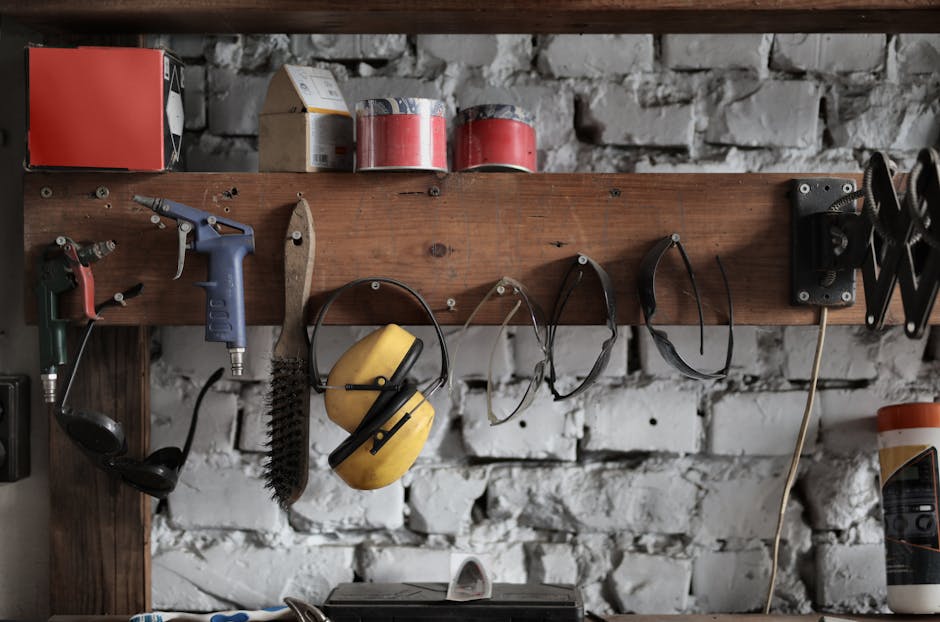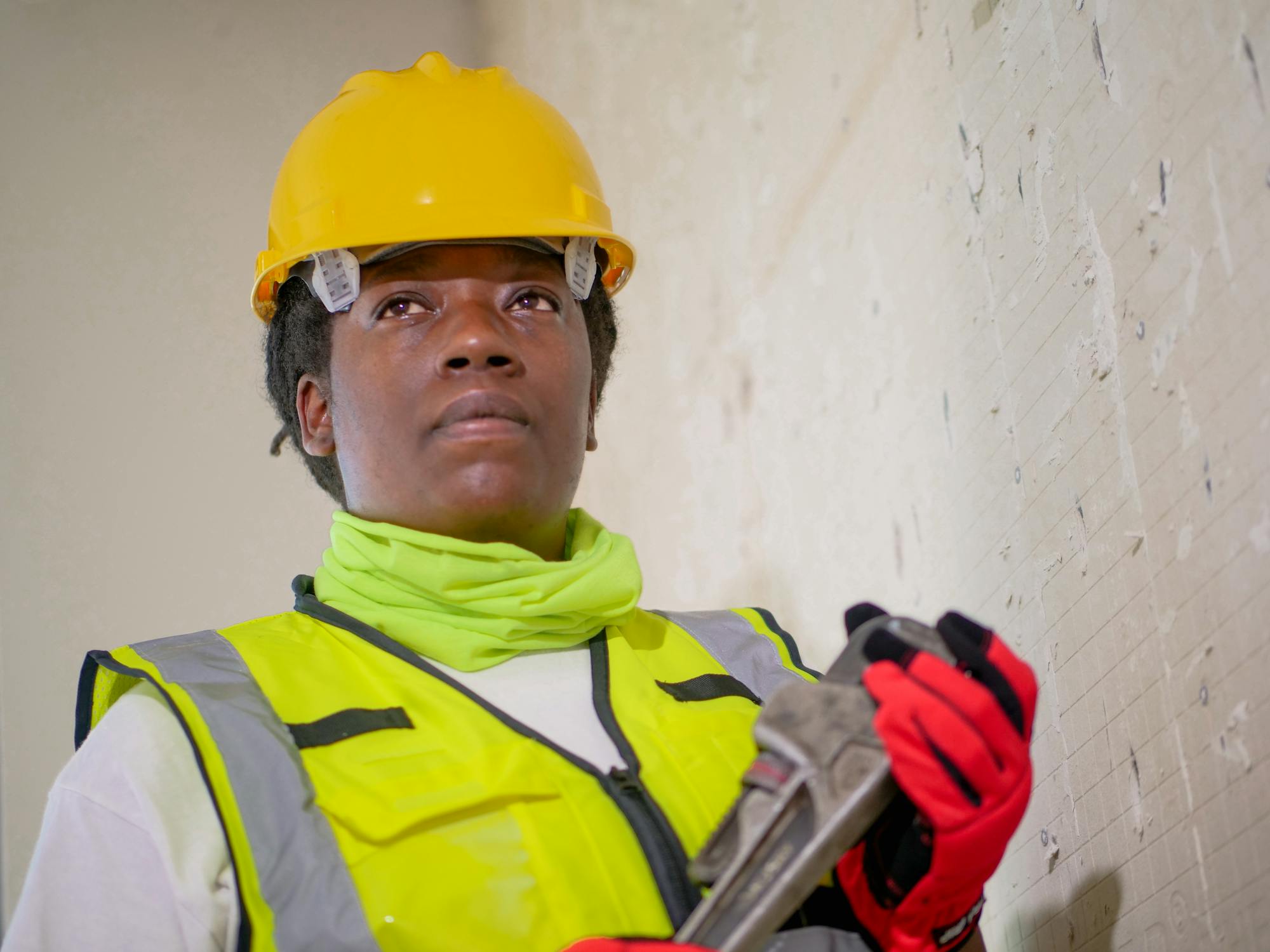DIY Plumbing Fixes: When to Call a Professional

Dealing with plumbing issues can be a headache for homeowners. It's important to know when you can tackle a fix yourself and when its time to bring in a professional to save yourself both time and money. While simple problems can often be sorted out with tools and some effort more complicated issues may require the skills of a licensed plumber. This guide aims to help you navigate through plumbing troubles and recognize the key moments when its best to seek professional help.
Common DIY Plumbing Solutions
There are plumbing issues that most homeowners can handle with a bit of knowledge and elbow grease. Some of these problems include leaky faucets running toilets and blocked drains.
- Leaky Faucets; A dripping faucet is usually caused by worn out washers or gaskets. You can usually fix this issue by replacing these parts but remember to shut off the water supply before starting any repairs.
- Running Toilets; If your toilet is constantly running it might be due to a flapper or float mechanism. Replacing these components is typically easy and affordable.
- Blocked Drains; Minor clogs, in sinks or tubs can often be cleared using a plunger or plumbers snake. For stubborn blockages you may need commercial drain cleaners but be cautious as they could harm your pipes if used excessively.
Taking on these challenges by yourself not helps you save money but also gives you a sense of achievement. However it's important to make sure you have the tools and follow safety precautions to avoid causing more harm.
Indicators That You Should Seek Professional Help
While some plumbing issues can be handled independently others may require the expertise of a professional. Here are some signs that indicate it's time to seek assistance from specialists;
- Low Water Pressure; Consistent low water pressure in your residence could point to a problem like pipe deterioration, hidden leaks or main water line issues.
- Persistent Clogs; If you frequently experience blockages in various drains it could signal an underlying problem within your plumbing system that necessitates professional assessment and repair.
- Unpleasant Odors; A continuous sewage smell might indicate a damaged sewer pipe or ventilation issue that warrants attention from a plumber.
- Lack of Hot Water; Problems with your water heater, such as no water or unusual sounds emanating from the unit typically require professional evaluation and repair.
If you come across any of these issues it's advisable to reach out to a licensed plumber to prevent further damage and potential health hazards.
Considering Costs; DIY vs. Professional Plumbing Repairs
The choice, between attempting a DIY plumbing solution and hiring a professional often boils down to cost factors. Here's a comparison of repair costs;
| Type of Repair | DIY Cost | Professional Cost |
|---|---|---|
| Dripping Faucet | $5. $20 (for parts) | $75. $150 (for labor) |
| Running Toilet | $10. $30 (for parts) | $100. $200 (for labor) |
| Clogged Drain | $0. $50 (tools/cleaners) | $100. $250 (for labor) |
| Water Heater Repair | N/A (varies in complexity) | $200. $500 (for labor) |
The potential savings from DIY repairs are clear. The complexity of certain tasks may warrant professional services for better safety and effectiveness. Finding the balance between cost and the seriousness of the problem is crucial for making an informed choice.
Tips for Preventive Maintenance
Taking an approach can help prevent many plumbing issues before they occur. Regular maintenance not prolongs your plumbing systems life but also reduces the need, for expensive repairs. Here are some essential preventive steps;
- Regular Inspection; Check under sinks around toilets and near appliances periodically for any signs of leaks or moisture.
- Drain Cleaning; Use strainers to stop debris from clogging drains. Clean them regularly to prevent blockages.
- Check Water Pressure; Make sure the water pressure in your home stays at the level to avoid putting strain on pipes and fixtures.
- Flush the Water Heater; It's an idea to flush your water heater once a year to get rid of any sediment buildup that could affect its efficiency.
By following these steps you can significantly decrease the chances of facing major plumbing issues and keep your homes plumbing system in good shape.
Being able to distinguish between DIY solutions and situations that require help is crucial for all homeowners. Simple problems like faucets or toilets that won't stop running can often be fixed with basic tools and know how.. More complicated issues such as low water pressure or strange odors from drains may call for the expertise of licensed professionals to ensure they're properly resolved.
Regular upkeep is key to preventing plumbing troubles. Conducting inspections clearing out drains monitoring water pressure and flushing water heaters are effective methods for maintaining a healthy plumbing system. While DIY fixes offer savings and a sense of accomplishment knowing when to turn to professionals ultimately safeguards your home, against harm and expensive repairs down the line.
